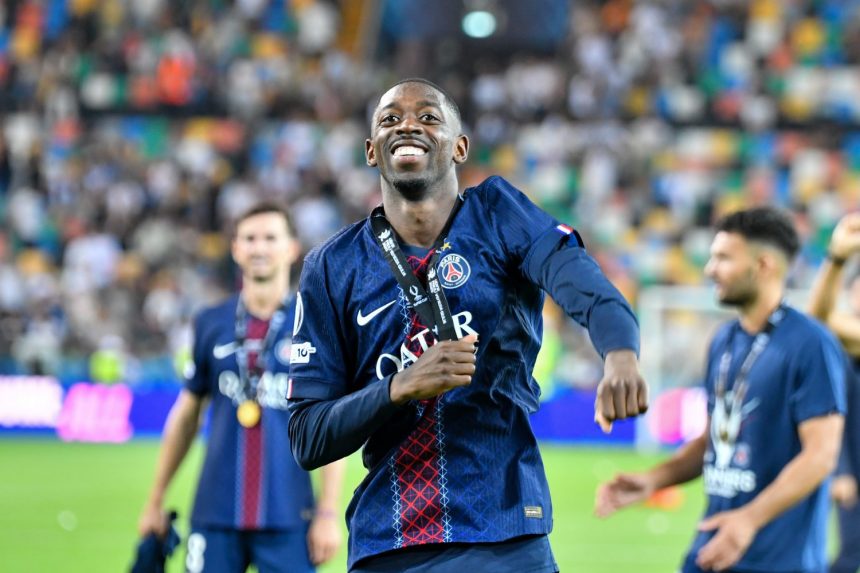Ousmane Dembélé (28), the Paris Saint-Germain winger, explains in L’Équipe how he still embraces his identity as a “thrilling player” while also incorporating a greater emphasis on efficiency. The Frenchman describes adapting his game style depending on his position, ranging from attacking down the wing to taking on finishing responsibilities in the center.
Dembélé: “That’s what I love, dribbling, getting the crowd excited, all that, that’s what I love most.”
“Previously, you liked being described as a dribbler, a player who is a joy to watch. Has that changed now?”
“No. I would like people to still perceive me that way. That’s what I love, dribbling, getting the crowd excited, all that, that’s what I love most. I’ve always been told that I’m a thrilling player, so I want people to keep saying that and I want to continue to be that kind of player. This year, though, I was playing in a new role where I had to score more goals. The coach told me that. I replied: ‘I’ll try.'”
Dembélé: “My style of play changes depending on my position.”
How do you transition from a thrilling dribbler to a composed goalscorer?
“My style of play changes depending on my position. If I’m playing as a winger, I’m going to dribble and create chaos. But if I’m playing as a striker, I’m going to play for the team. I’m going to be much more team-oriented, help the team move the ball, create opportunities for teammates… But in matches where the opposition has five or six defenders, with little space in the center, I can also help the team by playing on the wing and using my one-on-one skills.”
What Dembélé embraces today is a fruitful compromise: sometimes relinquishing the flashy dribbling show to occupy the goalscoring area. The “thrilling” winger is willing to forgo some of his flashy dribbling to attack the near or far post, hold the ball up in the center, make repeated diagonal runs, and contribute to the counter-press, all in order to be the one who finishes the attack.
His versatile skillset—exploiting space on the flanks when it’s available, and acting as a target man when the center is congested—enhances PSG’s overall game: he stretches the defense, draws defenders away from the center, creates passing lanes… and then appears at the right moment to score. He doesn’t lose his flair, he simply channels it. Because he can do everything on the pitch—break down a low defensive block or exploit opportunities in transition—Dembélé becomes more than just a showman: he becomes the player who changes the game, the one who is absolutely indispensable.

